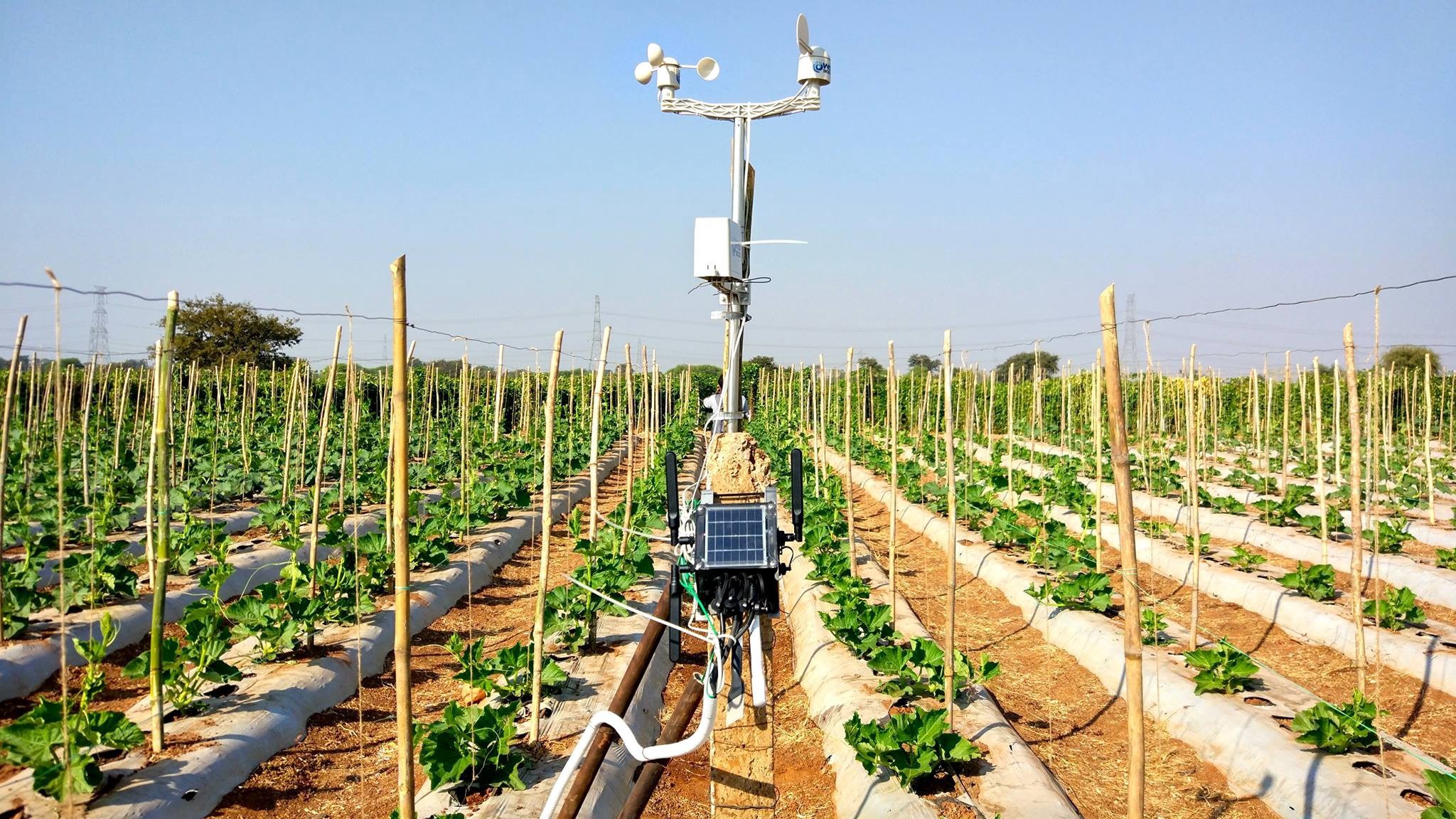Fasal, a precision agriculture platform, has just raised $1.6 million of seed funding from Omnivore and Wavemaker Partners, AFN can confirm.
Other investors participating in the round include Mount Parker Ventures and Animoca from Hong Kong, as well as Mistletoe from Japan, via their Gastrotope accelerator. Existing investors Zeroth, an AI-ML accelerator, and Artesian Ventures from Australia also participated in the round. (IC Universal Legal’s Chennai team, led by Sameena Chatrapathy, managed the transaction.)
Predictive farming and ‘autopilot mode’
Fasal is an AI-powered IoT-SaaS platform for horticulture, which captures real-time data on growing conditions from on-farm sensors and delivers farm-specific, crop-specific actionable advisories to farmers via mobile in vernacular languages. Fasal’s field sensor array can be installed by farmers in less than 15 minutes, the company says, and measures multiple dynamic variables, including micro-climate, soil, and crop conditions. Fasal leverages machine learning to transform this field sensor data into farm-level predictions, anticipating various risks while helping horticulture farmers to reduce input costs by optimizing crop protection, irrigation, and crop nutrition.
Founded in 2018 by Ananda Prakash Verma and Shailendra Tiwari, Fasal focuses on high-value, export-oriented horticulture crops where farmers are concerned with maximizing produce quality and minimizing chemical residues. Some of the horticulture value chains where Fasal is currently working include grapes, pomegranate, mango, citrus, tea, coffee, and chili.
“We are on a mission to help horticulture farmers make data-driven, logical decisions and shift farming to autopilot mode,” said Verma, who serves as CEO. Farmers using Fasal, he said in a note sent to AFN, “are seeing major increases in profitability and huge water savings, even in the driest parts of Maharashtra. Ultimately, we will become a full-stack platform for horticulture farmers.”
Expansion hopes for Southeast Asia
Fasal is presently operating in the Indian states of Maharashtra, Karnataka, Chhattisgarh, Madhya Pradesh, Tamil Nadu, and Andhra Pradesh, but the management has plans to expand pan-India and also to enter select markets across Southeast Asia.
Fasal will use the funding from its Seed round to build out AI capabilities for each horticulture value chain where the company is focused. It also plans to launch a lower-cost and instantly installable version of its field sensor array shortly. Finally, the company will scale up its B2B2F (business-to-business-to-farmer) sales force, which will partner with aggregators, exporters, and processors in each horticulture value chain to access their networks of farmers.
Commenting on his team’s investment decision, Omnivore’s managing partner Mark Kahn described the team at Fasal as “building a strong agritech startup aiming to reach the most progressive horticulture farmers in India and Southeast Asia.” He said Omnivore would “help Fasal accelerate the growth of their B2B2F business model by connecting them to leading agribusinesses across the region and onboarding the farmers they source from.”
Also outlining a decision to invest was Paul Santos of Wavemaker Partners: “They build a world-class solution for two core problems for horticulture farmers: managing irrigation and diseases [or] pests,” he said in a statement. “These problems plague Southeast Asian farmers just as much as they do in India, where the team has already seen early traction. We look forward to helping Fasal enter this region.”
India’s agritech sector has seen solid growth in recent years, as farmers and agribusiness companies adopt innovative technologies to improve their profitability, sustainability, and resilience. According to a recent Nasscom report, India’s agritech sector has received more than $248 million funding in the first half of 2019, scaling up almost 300% as compared to last year.
Hear of any big precision ag stories in India? Drop me a note at [email protected]





